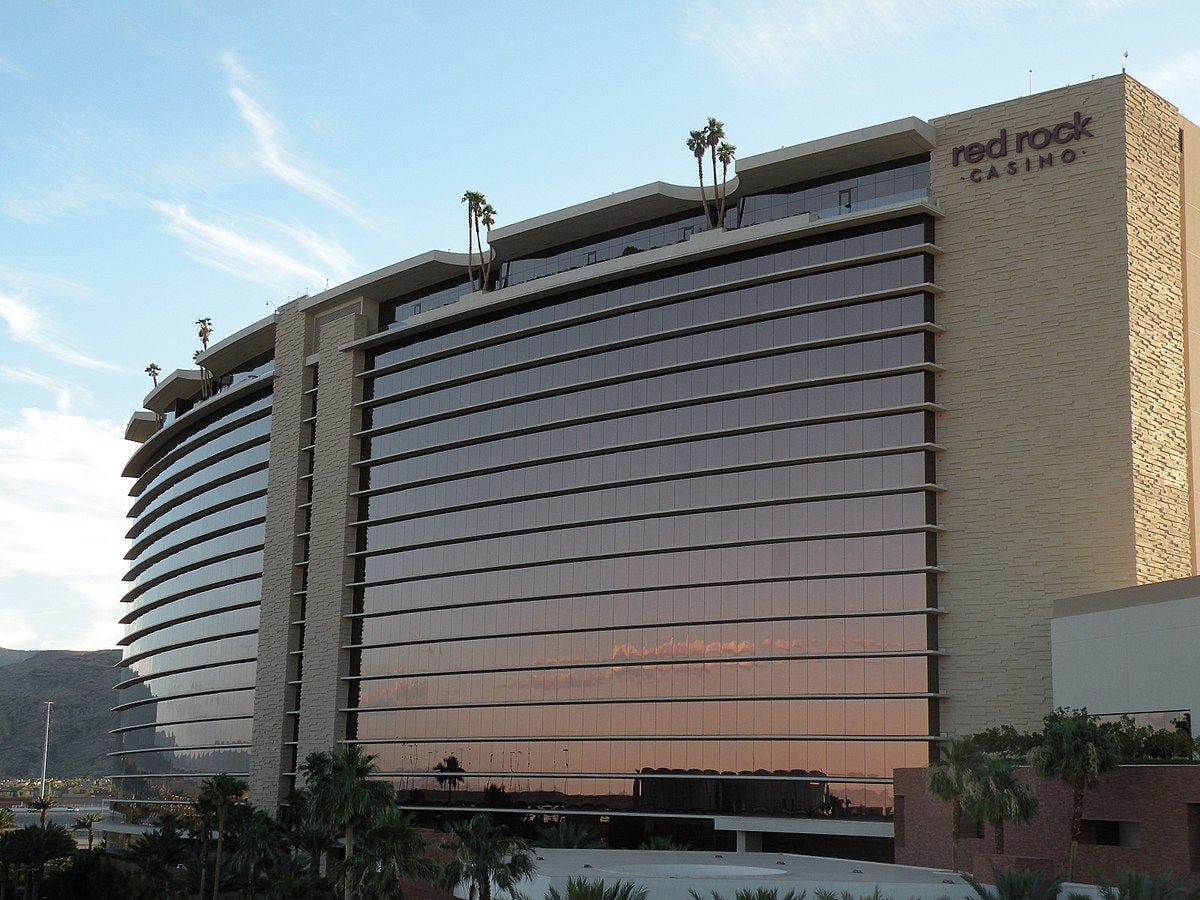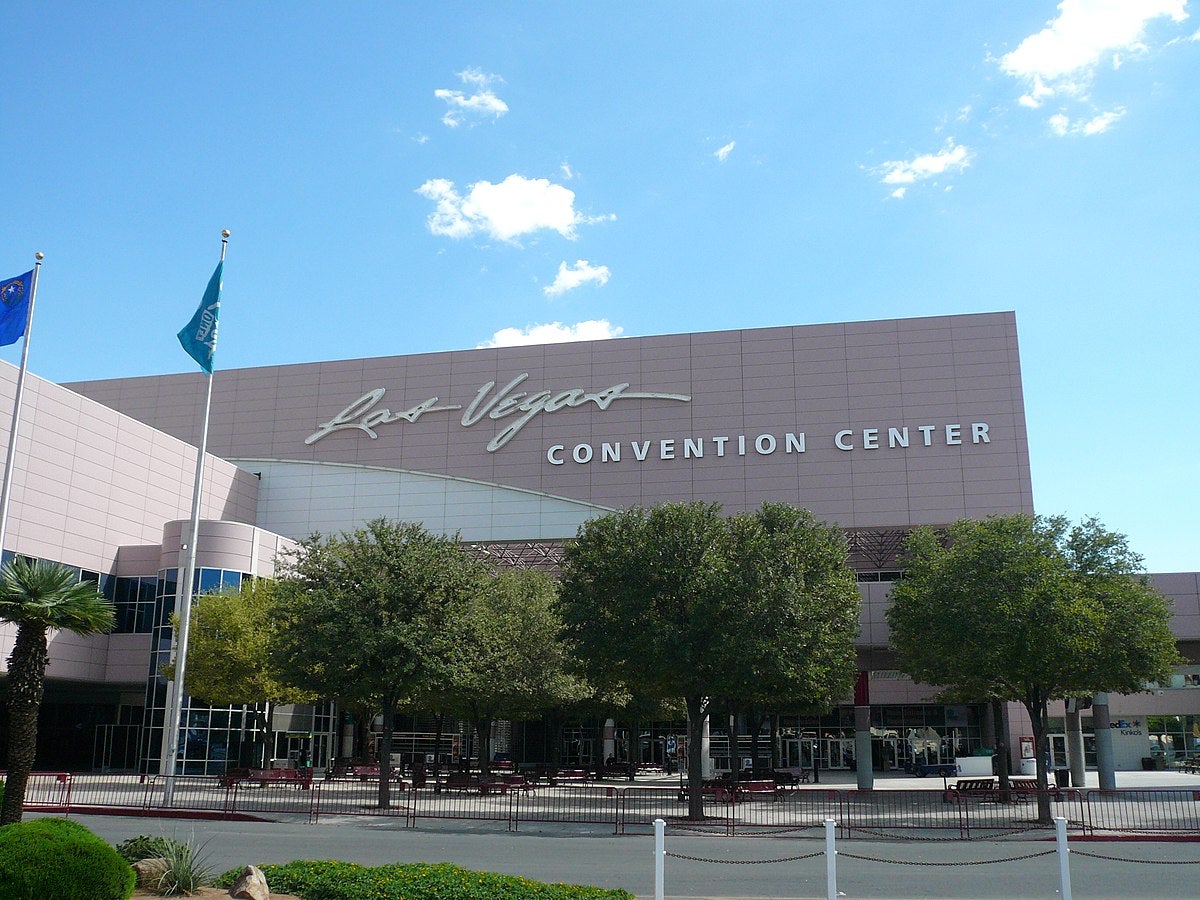Worker and Player Gains
While controversial, OBBB delivers some wins beyond major players in the casino sector. The American Gaming Association champions provisions easing financial burdens on casino staff and patrons. Slot machine tax reporting thresholds jump from $1,200 to $2,000, which is anticipated to reduce paperwork disruptions for gamblers. Tipped employees nationwide also benefit from the elimination of federal income taxes on tips, which profits dealers, bartenders, and hospitality workers reliant on the income stream.
Gambling Tax Deductions Uproar
The OBBB’s revised tax rules may benefit some, but it is drawing uproar from professional gamblers facing a significant deduction change come 2026. Under the new law, players can only offset 90% of losses against tax payments, down from full deductibility. Gamblers argue that the change creates scenarios where one can generate substantial tax bills even in years with no gains.
Professional poker player Phil Galfond condemned the policy as “phantom taxation”, warning, “You could make $200,000 during the year and pay tax as if you made $700,000.” Author Maria Konnikova echoed these concerns, branding the measure “absolutely bonkers”.
Though this impact is felt by fewer than 3% of gamblers who itemize tax deductions, industry analysts fear the bill could drive high-roller players to unregulated markets. These patrons are critical to casino revenue, and their departure could destabilize liquidity in poker rooms and sportsbooks.
Push for Reversal
A cross-party coalition is forming to overturn OBBB’s gambling loss deduction limits before its January 2026 implementation. Nevada Representative Dina Titus leads the charge, with 10 co-sponsors, including Kentucky Republican Andy Barr. “It pushes people into the black market if they don’t do regulated gaming because they have a tax disadvantage,” Barr stated.
Major operators like MGM, Caesars, and Wynn escalated pressure for the reversal through private meetings with House Ways and Means Chair Jason Smith (R-MO), who publicly committed to reinstating a 100% deduction.





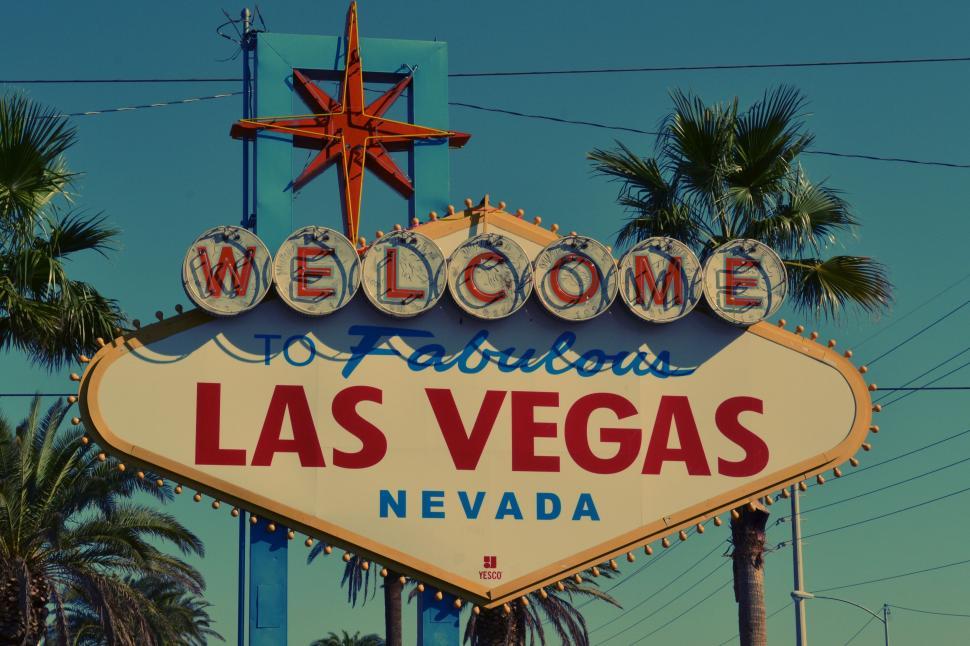









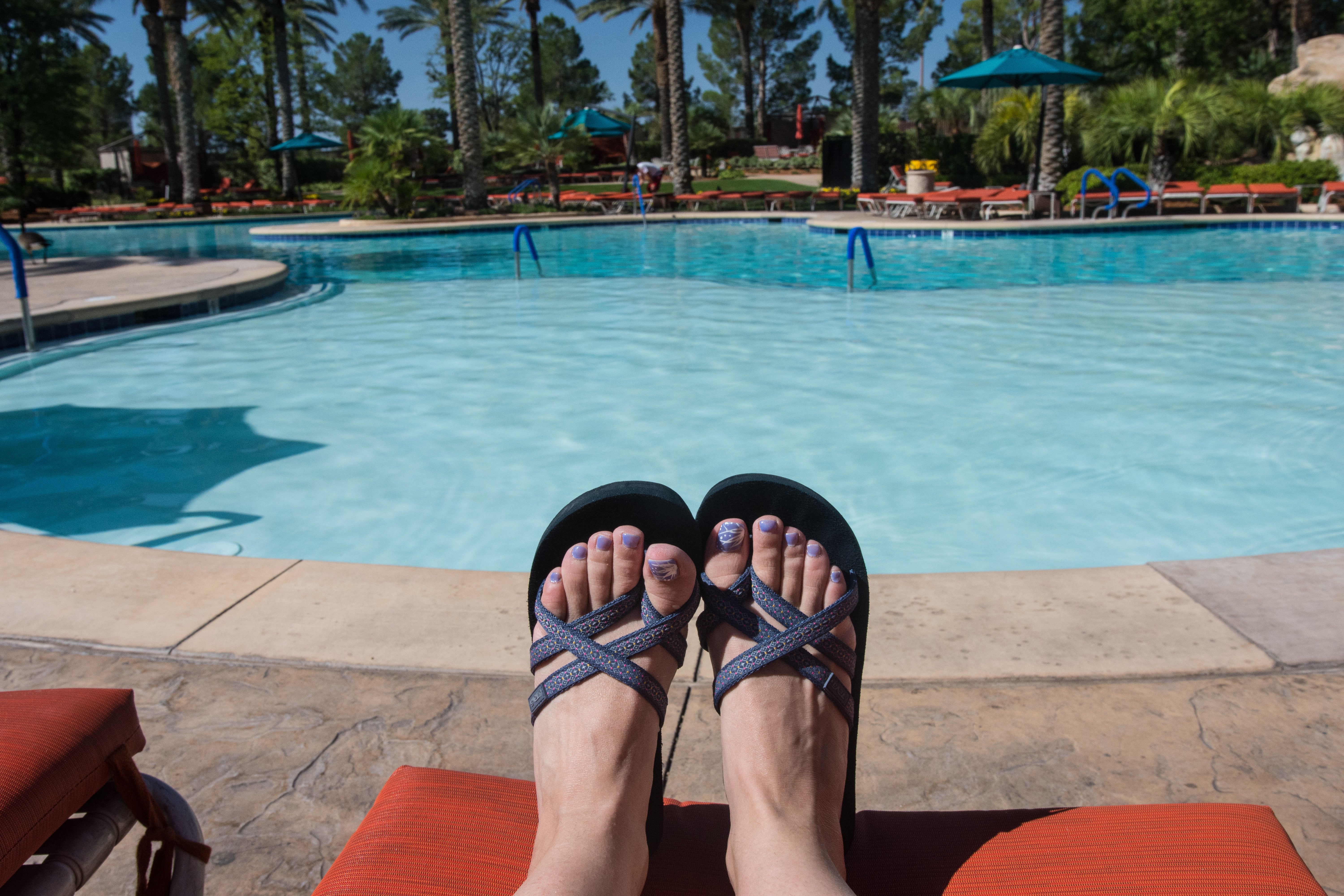
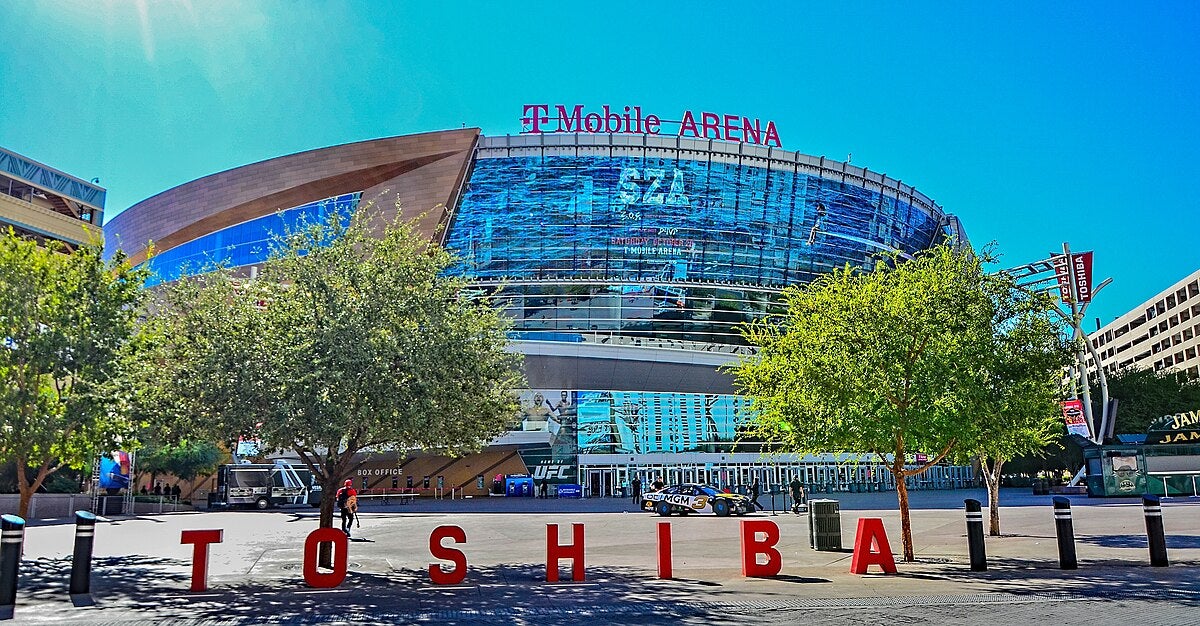


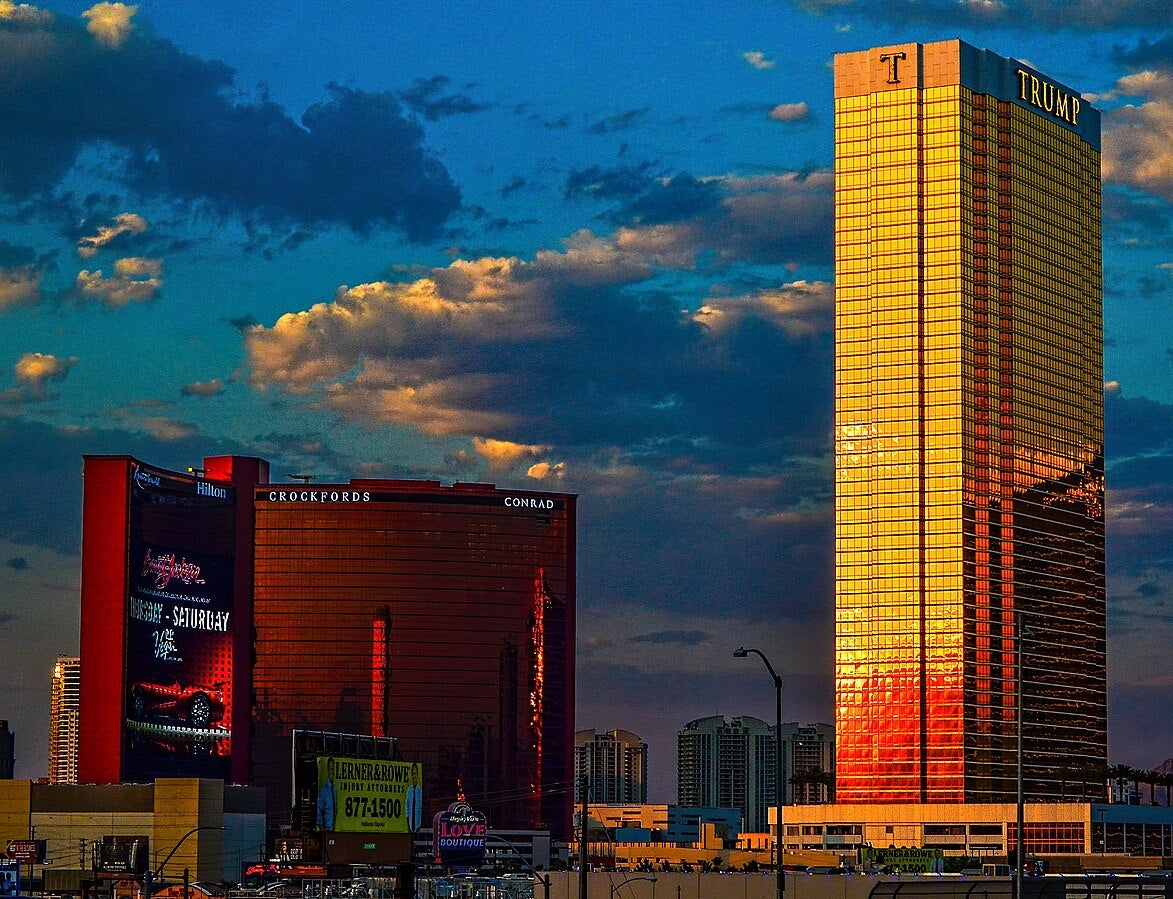

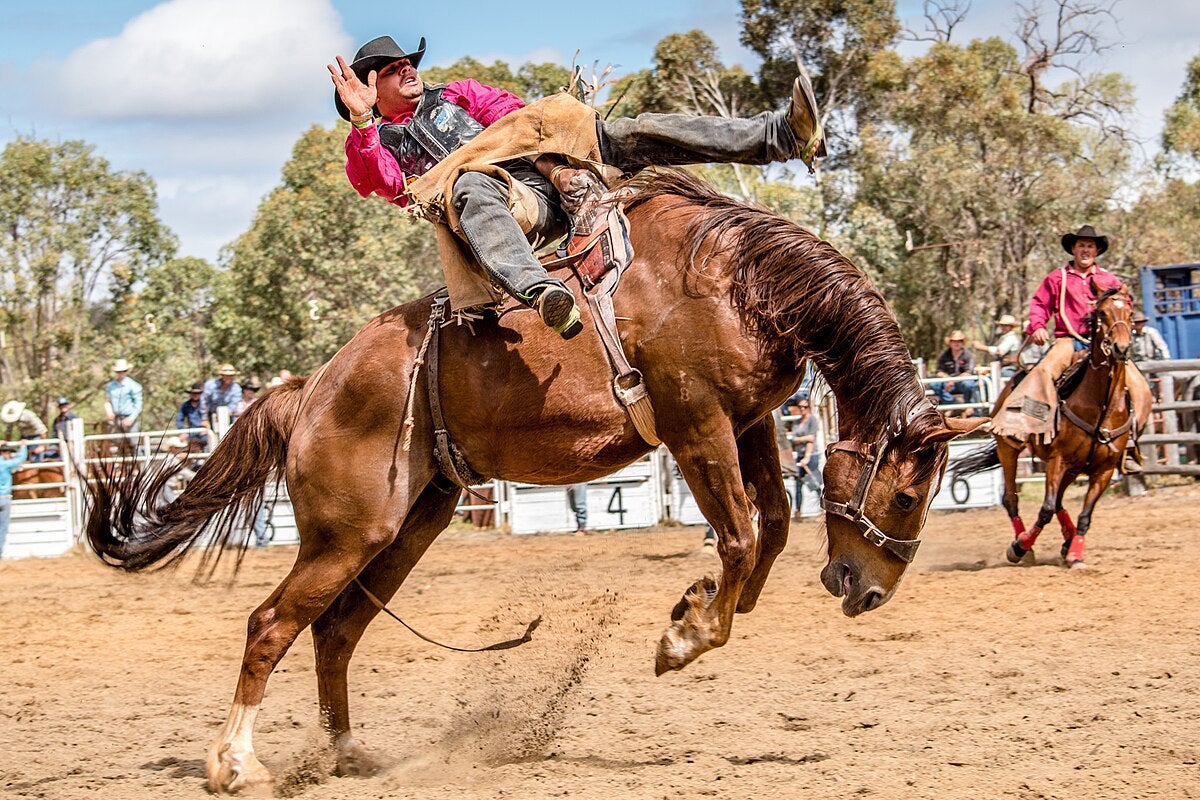
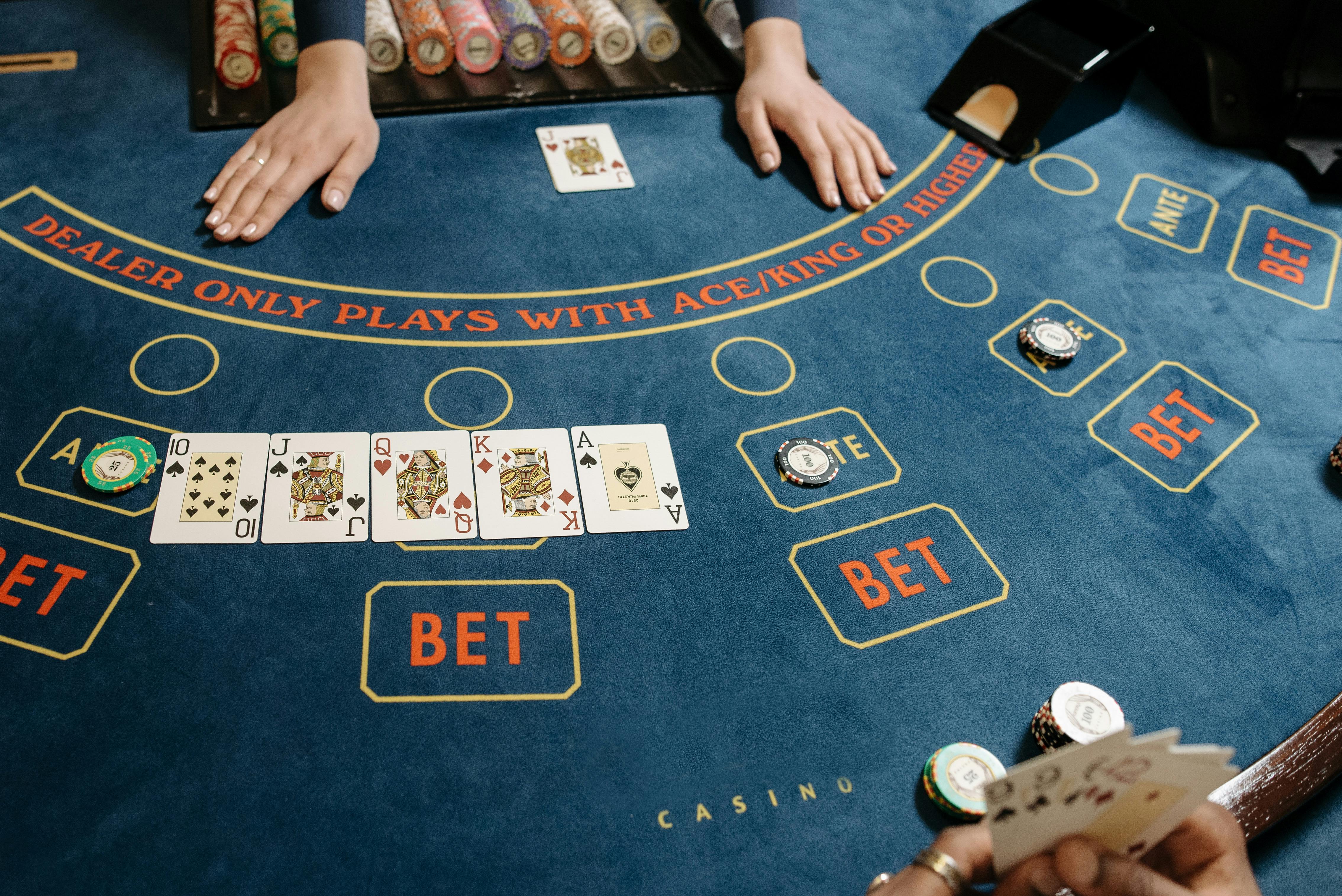
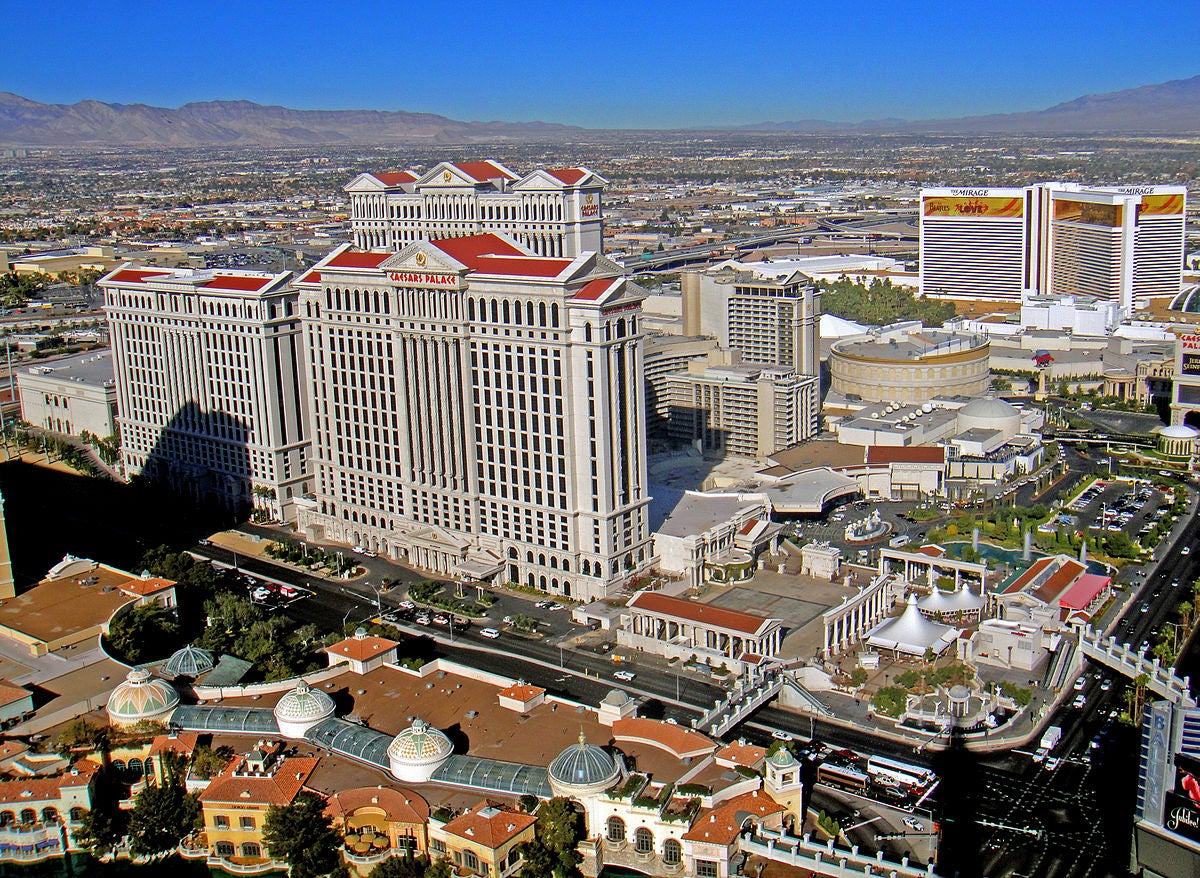
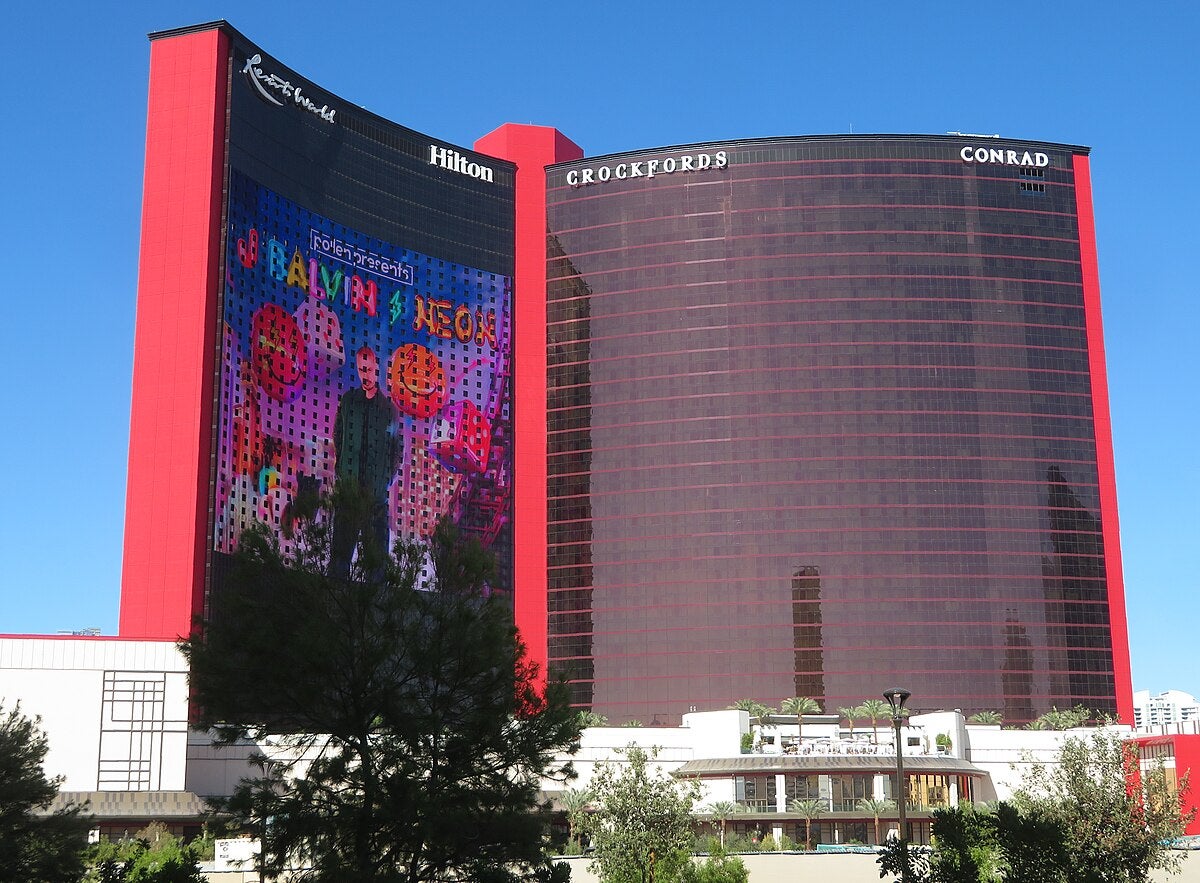
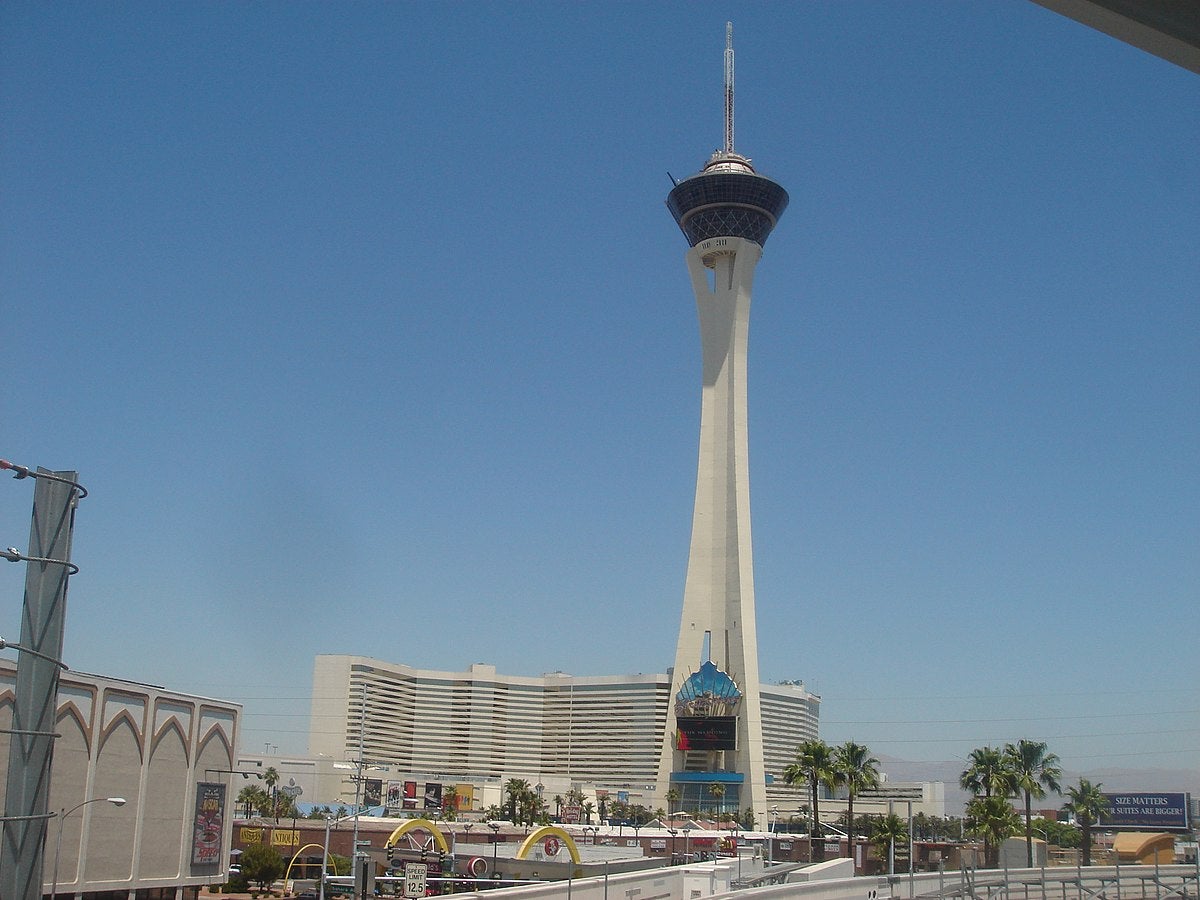
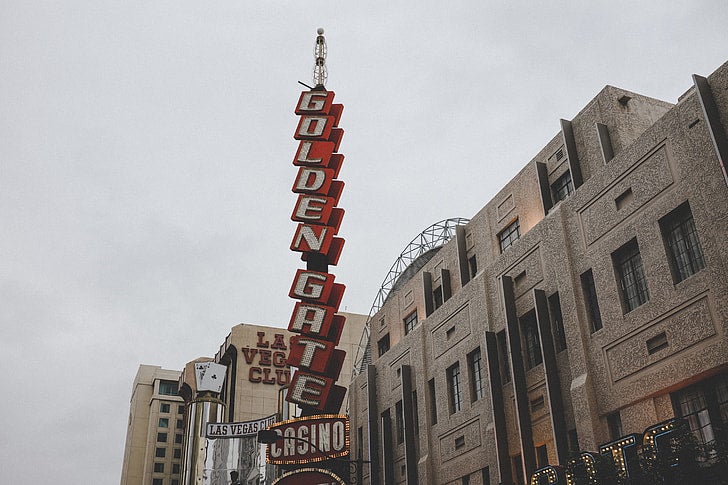
.jpg)
